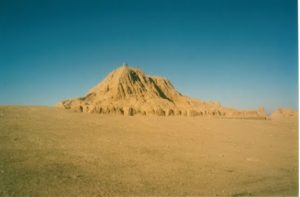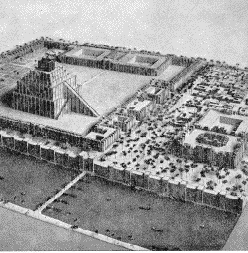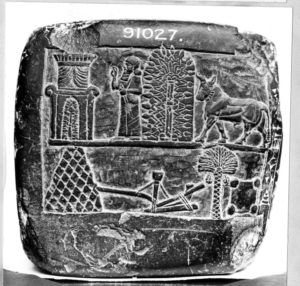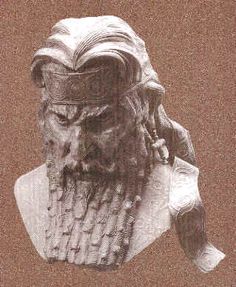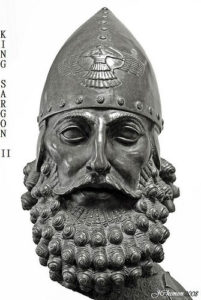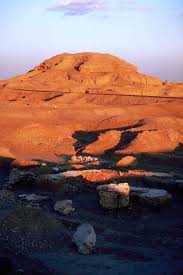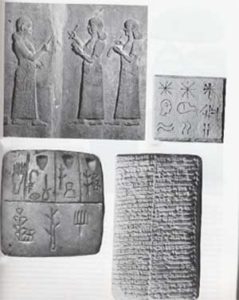http://oracc.museum.upenn.edu
(Texts: All Artifacts, Color Coding, & Writings in Bold Type With Italics Inside Parenthesis, are Added by Editor R. Brown, not the Authors, Translators, or Publishers!)
(gods in blue … mixed-breed demigods in teal)
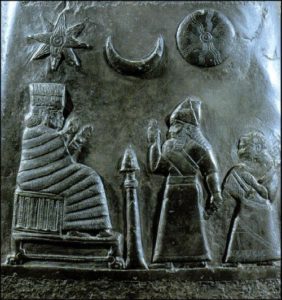 (Nanaya, & semi-divine king brings his ill daughter for her help)
(Nanaya, & semi-divine king brings his ill daughter for her help)
For the goddess Nanāya, veiled one of the goddesses,
who is adorned with attractiveness and joy and full of glamour,
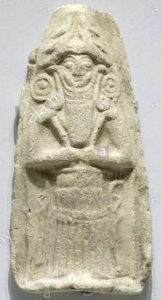 (Anu, giant alien Anunnaki King of planet Nibiru & Earth Colony)
(Anu, giant alien Anunnaki King of planet Nibiru & Earth Colony)
splendid daughter of the god Anu (alien Anunnaki king), whose lordship is supreme among all ladies,
eminent spouse of the god Muzibsâ (Nabu), praised sekretu, beloved of his majesty, compassionate goddess,
who goes to the help of the king who reveres her, who prolongs his reign,
who dwells in Eḫiliana (“House, Luxuriance of Heaven”) — which is inside Eanna — queen of Uruk, great lady, his lady:
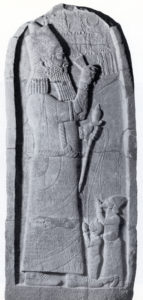 (giant god Ashur, & King Esarhaddon etc. on their knees before him)
(giant god Ashur, & King Esarhaddon etc. on their knees before him)
Esarhaddon, king of the world, king of Assyria, governor of Babylon, king of the land of Sumer and Akkad;
respectful king who is assiduous toward the sanctuaries of the great gods;
who reveres the lord of lords; the one who (re)constructed the temple of the god Aššur (Ashur),
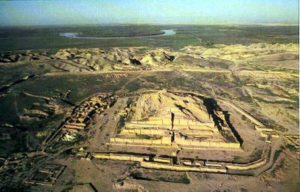
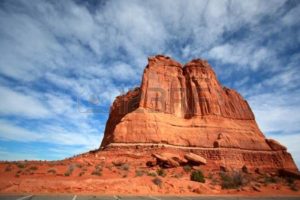
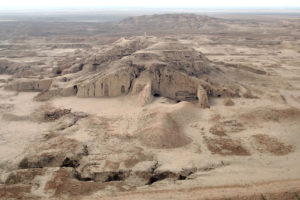
(Marduk’s Esagil ziggurat in Babylon; Nabu’s Ezida ziggurat in Borsippa; Nanaya’s E-ana ziggurat in Uruk)
(re)built Esagil and Babylon, provided for Ezida, renovated Eanna,
completed the sanctuaries of cult centers, (and) constantly established appropriate procedures in them;
son of Sennacherib, king of the world (and) king of Assyria; (mixed-breed) descendant of Sargon (II),
king of Assyria, governor of Babylon, (and) king of the land of Sumer and Akkad —
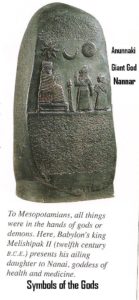
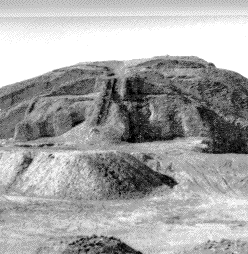 (Nanaya; her private residence inside E-ana ziggurat)
(Nanaya; her private residence inside E-ana ziggurat)
Eḫiliana (“House, Luxuriance of Heaven”), the cella of the goddess Nanāya, my lady, which is inside Eanna,
which a previous king had built, became old and dilapidated.
I sought its (original) ground-plan (and) repaired its dilapidated parts with baked bricks from a (ritually) pure kiln.
I grasped the hands of the goddess Nanāya, great lady, brought (her) inside,
and caused (her) to take up residence (there) forever.
I offered splendid offerings and made her doorbolt extremely fine.
O goddess Nanāya, august lady, when you are happily dwelling inside that cella, speak well of me —
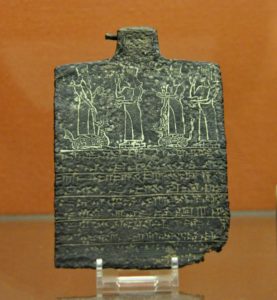 (Marduk, Inanna, Nabu, & spouae Nanaya)
(Marduk, Inanna, Nabu, & spouae Nanaya)
Esarhaddon, the prince who reveres you — before the god Nabû, your husband!
Determine as my fate a long life, fullness of old age, good health, and happiness!
Make the foundation of my royal throne as secure as a great mountain!
Establish my reign as firm as heaven and netherworld!
If at any time in the future, during the reign of some future ruler, this cella falls into disrepair,
may (that ruler) repair its dilapidated state!
May he write my name with his name!
May he anoint with oil an inscription written in my name, make an offering,
(and) set (that inscription) with an inscription written in his name!
The gods will (then) hear his prayers.
(But as for) the one who erases my inscribed name by some crafty device,
destroys an inscription written in my name, or changes its position,
may the goddess Nanāya, supreme lady, glare at him angrily and determine a bad fate for him!
May she make his name (and) his descendant(s) disappear from the land and have no pity on him!


